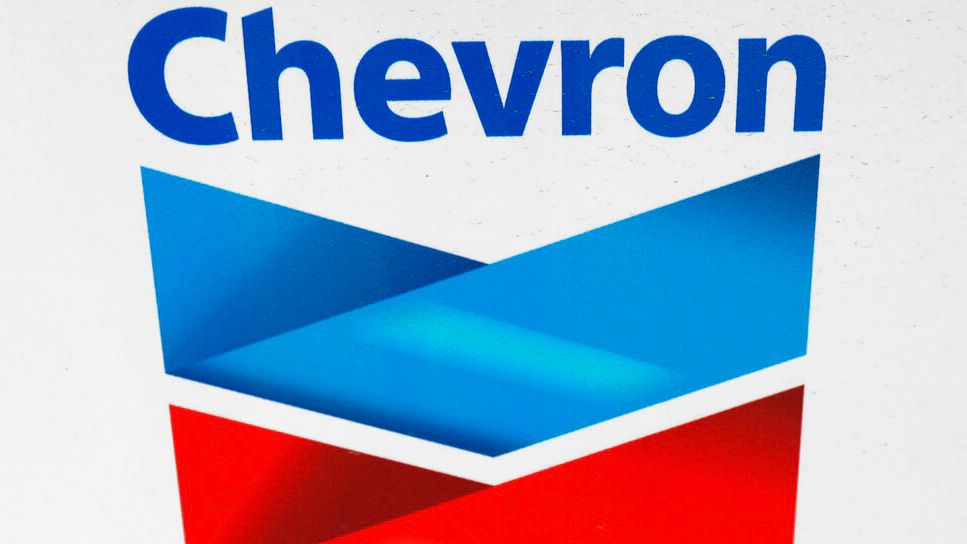The petroleum refinery company, Chevron, is getting into the hydrogen business. On Thursday, the California-based company announced it will build a facility to produce the low-carbon fuel with solar power and non-potable water generated from the company’s existing operations at the Lost Hills Oil Field in Kern County.
“Hydrogen can play a vital role in our journey toward a lower carbon future,” Chevron New Energies vice president for hydrogen Austin Knight said in a statement.
A division of Chevron USA, Chevron New Energies develops low-emissions hydrogen energy projects that can be scaled up to supply power for heavy-duty industries and transportation. The five-megawatt hydrogen production project in central California will use electrolysis — a process that leverages solar-generated electricity to split hydrogen from oxygen in water.
The project, which is expected to take several years to develop, will be able to produce two tons of hydrogen daily — or about 66 megawatt-hours, Chevron said. A single megawatt-hour can power about 600 homes or propel an electric vehicle about 3,800 miles.
“By locating expected production in the Central Valley, we believe the project will be well positioned to meet the demand of customers along an important transportation corridor, as well as having proximity to key California urban markets," Kern Economic Development Corporation president Richard Chapman said in a statement.
Situated near the state's main north-south freeway, Interstate 5, Kern County is home to 76% of California’s oil-producing wells, generating about 87.5 million barrels annually. According to the U.S. Bureau of Land Management, 95% of federal oil drilling occurs in the area.
But Kern County is also home to a growing number of renewable energy projects, as well. According to the California Energy Commission, about 25% of the state’s renewable energy portfolio is situated in Kern County.
Prized for its abundance and an ability to be created and consumed without generating emissions, hydrogen can be made from water (like the Chevron plant), renewable biomethane gas and even plastic waste. It can be used to power everything from homes to vehicles and construction machinery.
In a statement, Chevron said the hydrogen project's development in Kern County depends on several factors, including favorable energy regulations, timely permitting and the availability of necessary materials.
Last year, California was selected as one of the U.S. Department of Energy’s seven national hydrogen hubs to accelerate the development and deployment of renewable hydrogen projects. The state will receive up to $1.2 billion from the federal government to help build and expand hydrogen projects that can help fuel heavy-duty transportation and reduce carbon emissions.



